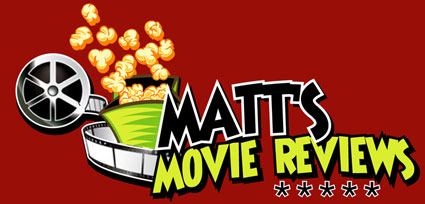|
Looking back, especially after watching the great Rocky Balboa, it is interesting to see just how the Rocky series has evolved in parallel with Sylvester Stallone’s career, which by 1985 had him safely perched on top of the Hollywood ladder. But it also showed a shift in artistic expression – as seen in Rambo: First Blood Pt II and here with Rocky IV – that Stallone would never recover from.
In the fourth instalment of the Rocky franchise, “The Italian Stallion” Rocky Balboa (Sylvester Stallone) is on a career high having won back the heavyweight title, and his personal life has never been better.
When the Soviet Union decide to enter the world of professional boxing through amateur champion Ivan Drago (Dolph Lundgren) – a colossal figure trained with the best and advanced Russian technology – they draw the ire of former champion Apollo Creed (Carl Weathers), who challenges Drago to an exhibition bout.
However, Drago proves to be too much for Creed who – due to the Russian’s brutal blows – dies in the ring. Swearing revenge, Rocky challenged Drago to a fight to be held in Russia, giving up his world title and placing his life on the line.
Whatever charm and grit there was in the first film is gone, replaced with a glossed up, over the top form of 1980’s action melodrama, which is thick on the cheese and even thicker on the montages. And this critic loved every minute of it.
Rocky IV is essentially a revenge flick, that also highlights the fear of communism felt throughout the Reagan era, which Stallone uses to his advantage.
Along with Rocky III, this is much more of a fight film than an emotional journey of a simple man standing up against impossible odds. Rocky is no longer a struggling boxer living in the slums of Philadelphia. He is now a rich man, who lives in a huge mansion and owns expensive sports cars. Hell, he even buys his brother in law a talking robot!
But this does not stop Stallone from giving his token character an impossible mountain to climb, and what better than a machine of destruction, a rigid, towering figure of Soviet aggression played well by future B-grade action star Dolph Lundgren, who despite his limited acting ability and minimal yet memorable dialogue (“I must break you” is perhaps the most quoted line from the movie), pulls off the role thanks to his impressive figure and cold demeanour.
Stallone sets up his villain by having him kill a beloved character. Now, the death of a long time character is nothing new to the franchise, but the brutal fashion as to how Apollo Creed dies is quite a shock, especially if you are a big fan of the series. It is a low brow move by Stallone, but it works because as soon as the aspect of certain death falls upon the head of a screen favourite, the viewer cannot help but react and become involved. This is the key factor to the success of the Rocky franchise; it draws the viewer in emotionally.
For a number of reasons, Rocky IV feels oddly distant from the other films in the series. The most obvious reason is the curious absence of composer Bill Conti, whose inspirational, moving score is replaced by Vincent Di Cola’s industrial/synthesized score, and a pantheon of pop/rock anthems heard during the films excessive yet highly entertaining montages , which can make this movie feel like one long music video.
Because of this, Rocky IV contains the least amount of dialogue in the series, which is a shame since
- when pressed – Stallone can come up with some amazing stuff.
The films biggest draw is the marathon, final fight scene, which – although pushing the boundaries of reality – is never the less an excellently choreographed, edited and performed sequence. Stallone’s insistence of throwing real blows landed him in hot water when the much superior and experienced Lundgren – a world Karate champion – proved to be too much to handle.
There are only two ways someone could react to this film; either they could view it as moronic entertainment, or they can revel in its macho-isms and pump their fists in the air. Prescribe to the latter, and an enjoyable time would be had.
|
